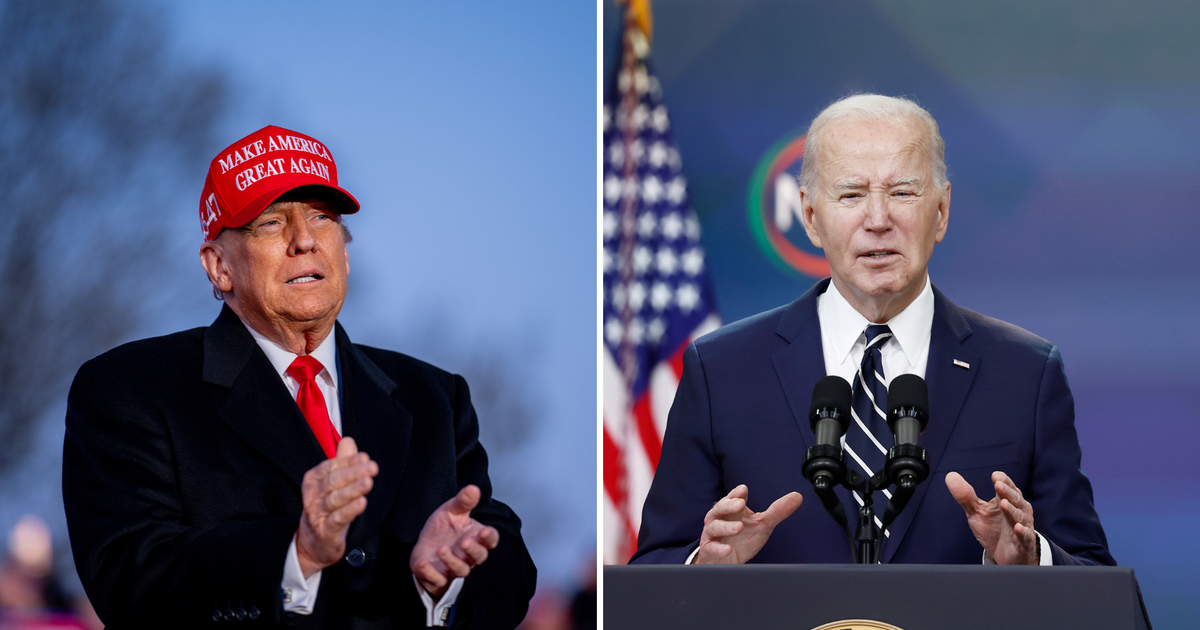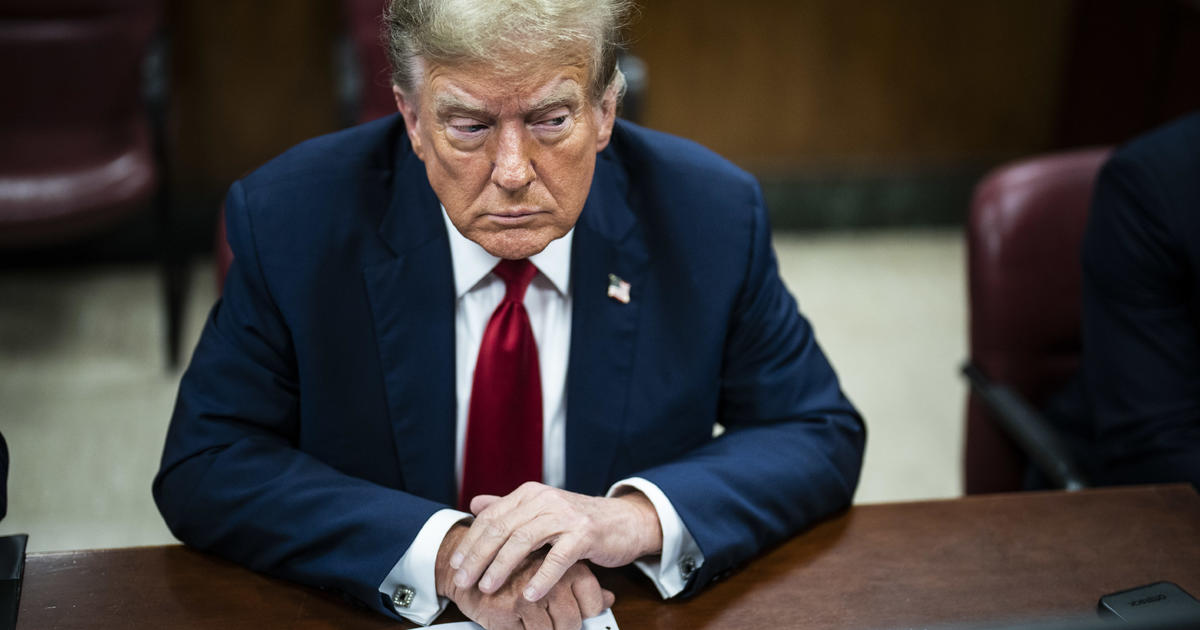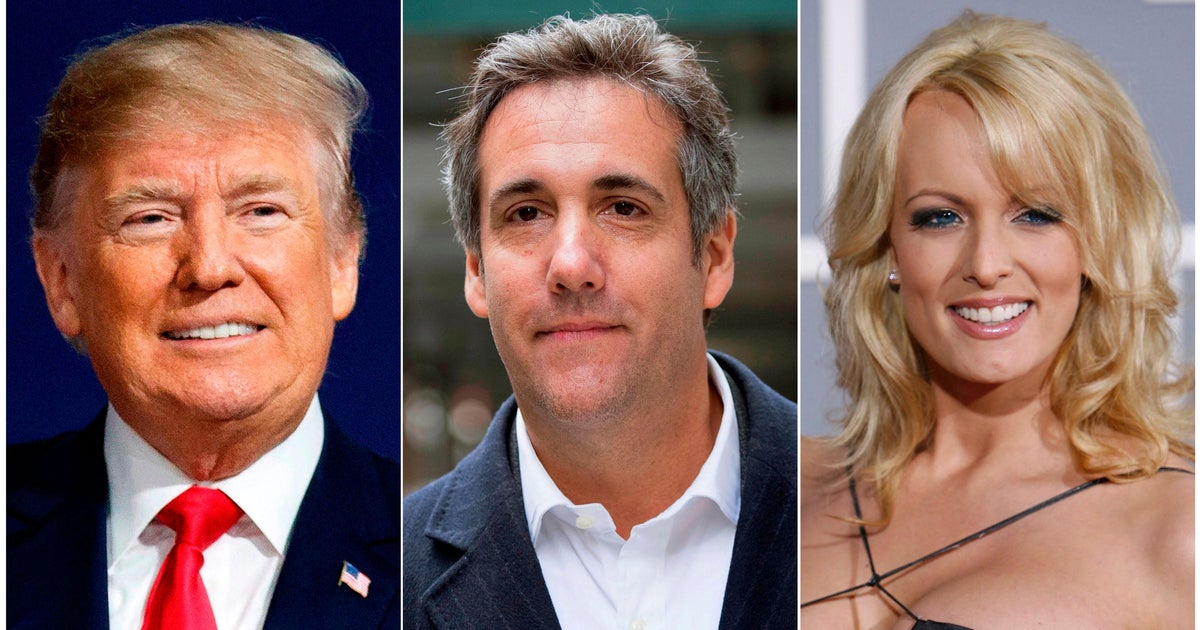U.S.-China trade war is bad news for consumers
President Trump's threat to impose tariffs on an additional $200 billion in Chinese goods, followed by Beijing's swift vow to retaliate, has jangled investor nerves and elicited concern from a range of industries. But the biggest losers in a full-blown trade war would likely be American consumers – here's why:
The cost of electronics, clothes, toys and other goods would rise
The higher the U.S. tariffs are on imported goods like computer chips and fabric, the more likely American companies that import Chinese components are to raise prices to offset their own higher costs. That means consumers would have to pay more for a wide range of goods, economists say.
As Louis Kuijs of Oxford Economics notes, a large share of China's exports are for U.S. companies that sell products here at home.
"No way you get there without putting tariffs on a lot of consumer goods imports, be it computers -- cell phones or apparel (clothes)/ toys/ small household appliances and the like," Brad Setser, senior fellow at the Council on Foreign Relations, said in a series of tweets on Mr. Trump's move to up the ante on China.
Even U.S. companies that don't import parts or products from China would likely boost their prices
That's because as prices on imported goods rise, domestic firms typically charge more too. In other words, while buying products "made in the USA" might benefit local manufacturers, consumers would feel the pinch.
Middle- and lower-income Americans would be most affected because they spend more of their disposable income on consumer goods.
For example, if Trump were to enact proposed tariffs on foreign cars, automakers like Ford and GM could also raise their prices. That's exactly what happened in the 1980s when President Ronald Reagan increased tariffs on Japanese cars.
The "consumer pays more, not just more for imported cars, but domestic cars," said Michelle Casario, an assistant professor of economics at Villanova University. "The benefits are limited to the actual firm and the costs are spread throughout to consumers."
A trade war might wipe out any gains Americans get from the 2017 tax overhaul
Some economists say a trade war could cancel out faster economic growth from last year's tax cuts, while rising prices would effectively eat up the small tax windfall most Americans got. The situation would worsen if Mr. Trump followed through on his threats to withdraw from NAFTA, which would reduce trade in North America and further boost costs as supplies of some goods shrank.
Sinking investor confidence could depress market returns for average Americans
Wall Street is growing increasingly concerned with deteriorating trade relations between the U.S. and China, with the Dow's latest decline putting the blue-chip index in the red for 2018. If financial markets continue to sputter, so would people's retirement funds.
One reason investors are worried: corporate leaders are too.
Even before Mr. Trump threatened to escalate the tariff fight with China, CEO confidence in economic growth was ebbing. A June monthly survey of 272 U.S. business leaders by Chief Executive magazine found growing fear about global conflict on trade matters.



